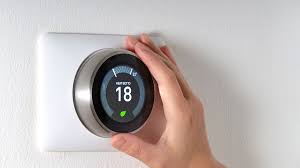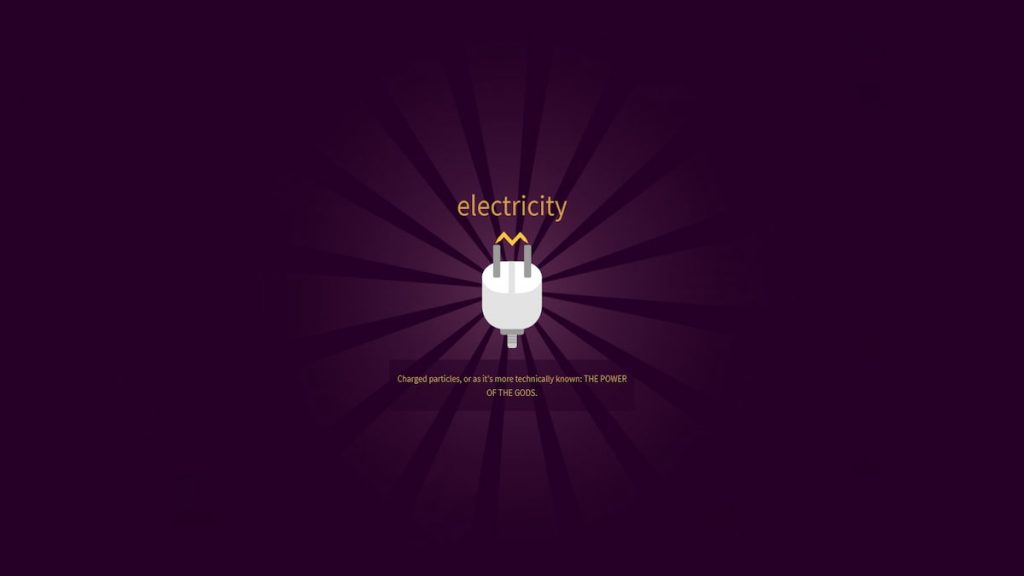As energy costs continue to rise across the United States, smart thermostats have become essential tools for reducing energy consumption and lowering monthly utility bills. These intelligent devices don’t just adjust temperatures—they learn your habits, respond to your schedule, and integrate seamlessly with your smart home ecosystem.
In this 2025 guide, we’ll walk you through the best smart thermostats for energy savings, how they work, what features to look for, and which ones offer the best return on investment.
🔥 Why Switch to a Smart Thermostat?
According to the U.S. Department of Energy, heating and cooling account for nearly 50% of the average home’s energy bill. A smart thermostat can reduce that by 10% to 23% annually.
Benefits:
- Automatic scheduling & learning behavior
- Remote access via phone or voice
- Energy usage reports
- Integration with Alexa, Google Assistant, Siri
- Eco modes and geofencing
🏆 Top 7 Smart Thermostats for Energy Efficiency (2025)
1. Google Nest Learning Thermostat (3rd Gen)
Best Overall for Learning & Automation
- Price: ~$249
- Compatibility: 95% of HVAC systems
- Voice Assistant: Google Assistant, Alexa
Highlights:
- Learns your schedule within a week
- Auto-away feature reduces unnecessary heating/cooling
- Beautiful stainless steel design
- Detailed energy history reports
Pros:
- Proven energy savings
- Easy setup
- Smart home integration
Cons:
- Premium price
- No remote sensors
2. Ecobee Smart Thermostat Premium
Best for Large Homes and Multi-Room Comfort
- Price: ~$249
- Includes: Room sensor + Air Quality Monitor
- Voice Assistant: Built-in Alexa, Siri compatible
Highlights:
- Comes with occupancy sensors
- Displays indoor air quality
- Spotify, weather, and intercom support
- Great for zoned HVAC systems
Pros:
- Multi-room accuracy
- Built-in voice control
- Monthly energy reports
Cons:
- Setup can be tricky for older homes
- Slightly bulky design
3. Amazon Smart Thermostat
Best Budget Smart Thermostat
- Price: ~$80
- Voice Assistant: Alexa only
- Energy Star Certified: Yes
Highlights:
- Designed with Resideo (makers of Honeywell tech)
- Basic scheduling and usage tracking
- Simple app control with Alexa
Pros:
- Very affordable
- Easy setup
- Reliable for small apartments
Cons:
4. Honeywell Home T9 Smart Thermostat
Best for Custom Room Prioritization
- Price: ~$199
- Includes: Smart Room Sensor
- Voice Assistant: Alexa, Google Assistant
Highlights:
- Prioritizes comfort in rooms you’re in
- Wide compatibility with HVAC systems
- Uses geofencing for energy savings
Pros:
- Strong zone control
- Excellent app and alerts
- Solid battery life on sensors
Cons:
- Limited third-party integrations
- Plain design
5. Mysa Smart Thermostat (for Electric Baseboard Heaters)
Best for Homes with High-Voltage Heating
- Price: ~$139
- HVAC Compatibility: High-voltage heaters (240V)
- Voice Assistant: Alexa, Google Assistant, Apple HomeKit
Highlights:
- Modern interface designed for baseboard heaters
- Tracks energy usage per room
- Integrates with Apple HomeKit
Pros:
- One of few options for electric heat
- Easy scheduling and zoning
- Sleek design
Cons:
- Only for specific HVAC systems
- Slight learning curve during setup
6. Sensi Touch Smart Thermostat by Emerson
Best for Simplicity and Cost-Efficiency
- Price: ~$129
- Voice Assistant: Alexa, Google Assistant
- Energy Star Certified: Yes
Highlights:
- Bright touchscreen display
- Reliable Wi-Fi connectivity
- Works with most HVAC systems without C-wire
Pros:
- Intuitive app
- Budget-friendly with solid features
- Professional-grade durability
Cons:
- No learning mode
- No room sensors included
7. Tado Smart Thermostat (2025 Edition)
Best for European-style HVAC Systems / Heat Pumps
- Price: ~$200
- Voice Assistant: Alexa, Google, Apple
- Energy Star Certified: Yes
Highlights:
- Excellent for radiator or underfloor heating
- Geofencing to shut off when no one’s home
- Great analytics in the Tado app
Pros:
- Excellent for eco-conscious users
- Weather-based automation
- Energy-saving reports
Cons:
- Less support for U.S. HVAC systems
- Requires stable internet
💡 Features to Consider Before Buying
| Feature | Why It Matters |
|---|---|
| Learning Algorithms | Automatically adapts to your habits |
| Remote Sensors | Help manage temperature across rooms |
| Voice Assistant | Hands-free control via Alexa, Google, Siri |
| Energy Reporting | Track savings and power usage |
| C-Wire Requirement | Some thermostats need a dedicated C-wire |
| Compatibility | Check HVAC system type before buying |
📈 Real Energy Savings: What to Expect?
Most smart thermostats save between 8% and 23% on annual heating and cooling. On average, that’s $150 to $250/year in utility savings.
🛠 Installation Tips
- Always turn off your circuit breaker before wiring.
- Use the manufacturer’s compatibility checker tool.
- Consider professional installation if your system lacks a C-wire.
- Set up geofencing and a personalized schedule right after install.
✅ Final Verdict: Which One Should You Buy?
| Use Case | Recommended Model |
| Best Overall | Nest Learning Thermostat |
| Best for Large Homes | Ecobee Smart Thermostat Premium |
| Budget Friendly | Amazon Smart Thermostat |
| For Baseboard Heaters | Mysa Smart Thermostat |
| Easy Setup | Sensi Touch by Emerson |
📢 FAQ: Smart Thermostats for Energy Savings
Q: Can I use a smart thermostat with an older HVAC system?
A: Yes, most work with older systems, but you may need a C-wire or a power adapter.
Q: Do smart thermostats really save energy?
A: Absolutely. They’re proven to reduce heating/cooling costs by 10–23% per year.
Q: Is professional installation required?
A: Not always. Many are DIY-friendly, but pro installation may help with older systems.
🖜 Conclusion
Whether you’re looking to cut your energy bill, reduce your carbon footprint, or enjoy the convenience of remote temperature control, there’s a smart thermostat that fits your needs.
Smart thermostats aren’t just cool—they’re financially and environmentally smart. Choosing the right one in 2025 means smarter living, better comfort, and lower bills.



